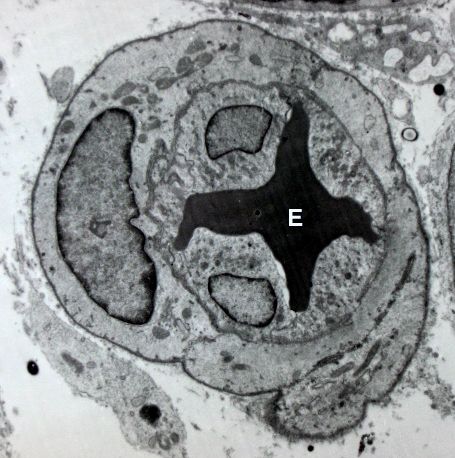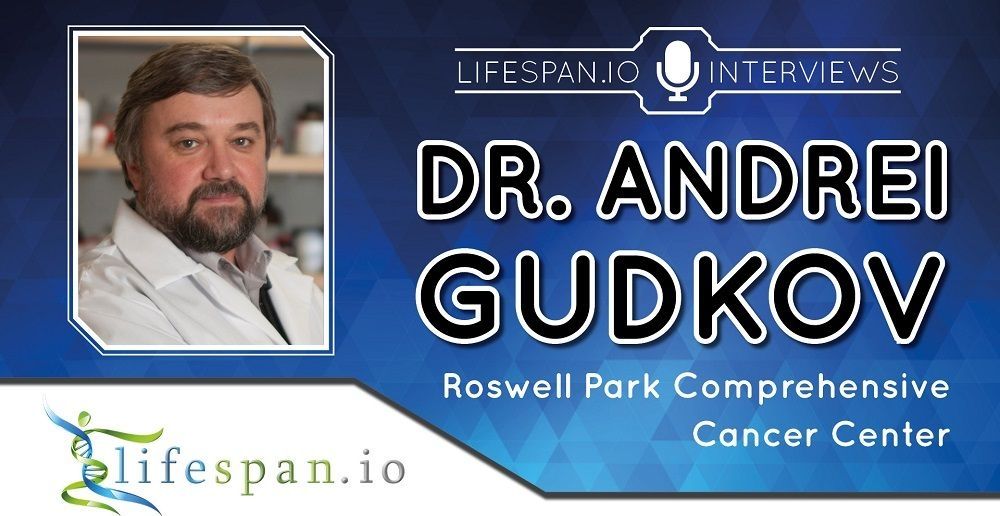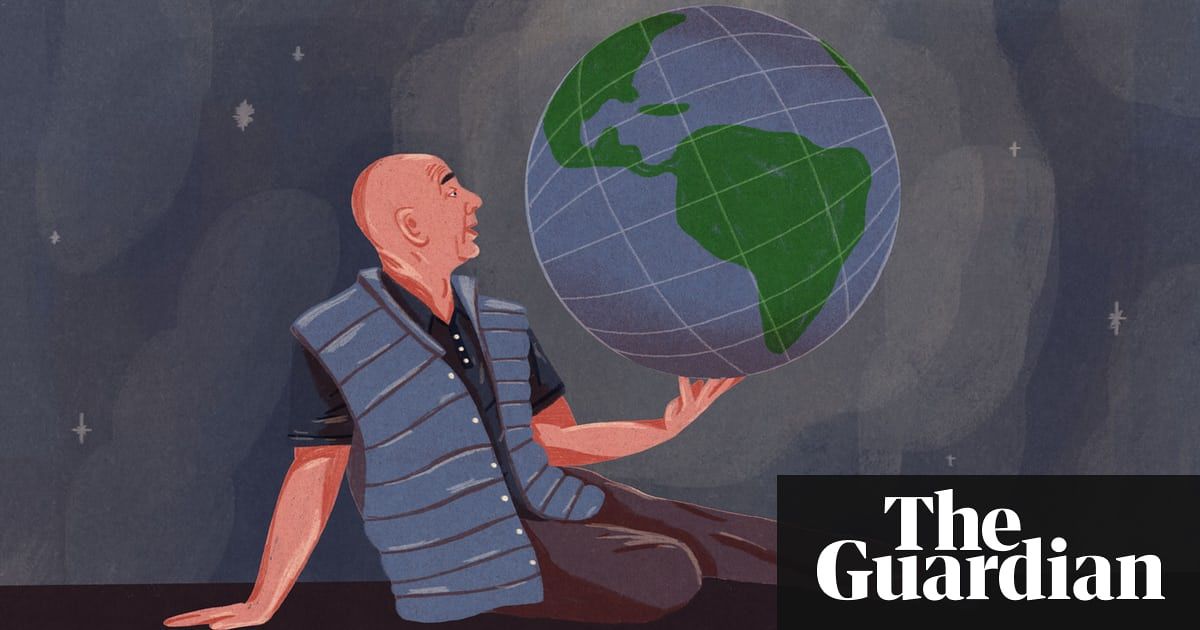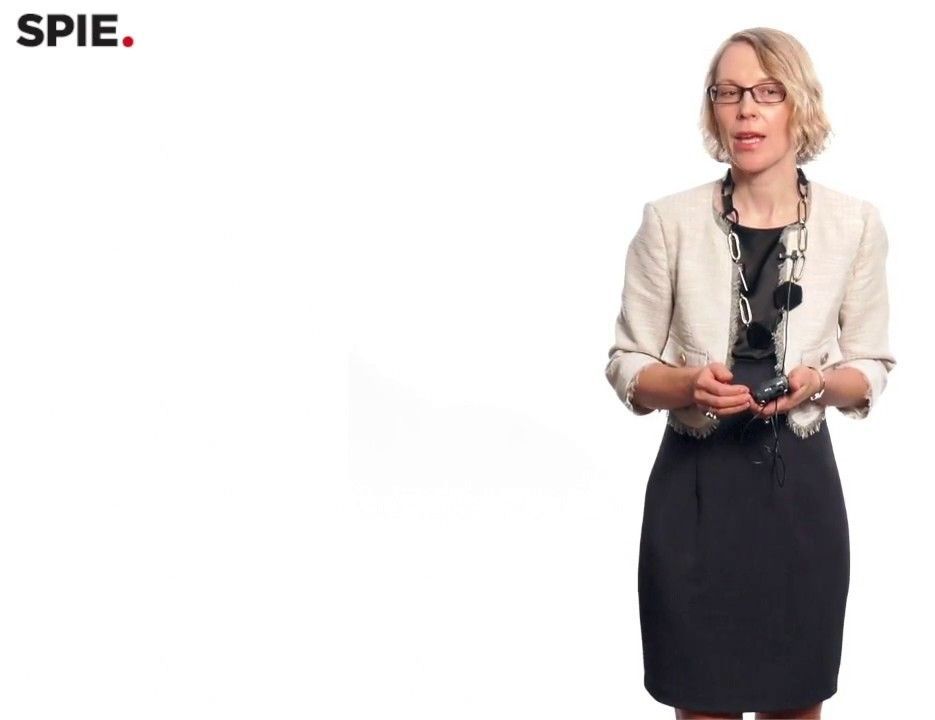Apr 26, 2018
Novel antioxidant makes old blood vessels seem young again
Posted by Manuel Canovas Lechuga in categories: biotech/medical, life extension
Taking the supplement, dilation of subjects’ arteries improved by 42 percent, making their blood vessels, at least by that measure, look like those of someone 15 to 20 years younger. An improvement of that magnitude, if sustained, is associated with about a 13 percent reduction in heart disease, Rossman said. The study also showed that the improvement in dilation was due to a reduction in oxidative stress.
Older adults who take a novel antioxidant that specifically targets cellular powerhouses, or mitochondria, see age-related vascular changes reverse by the equivalent of 15 to 20 years within six weeks, according to new University of Colorado Boulder research.
The study, published this week in the American Heart Association journal Hypertension, adds to a growing body of evidence suggesting pharmaceutical-grade nutritional supplements, or nutraceuticals, could play an important role in preventing heart disease-the nation’s No. 1 killer. It also resurrects the notion that oral antioxidants, which have been broadly dismissed as ineffective in recent years, could reap measurable health benefits if properly targeted, the authors say.
Continue reading “Novel antioxidant makes old blood vessels seem young again” »


















